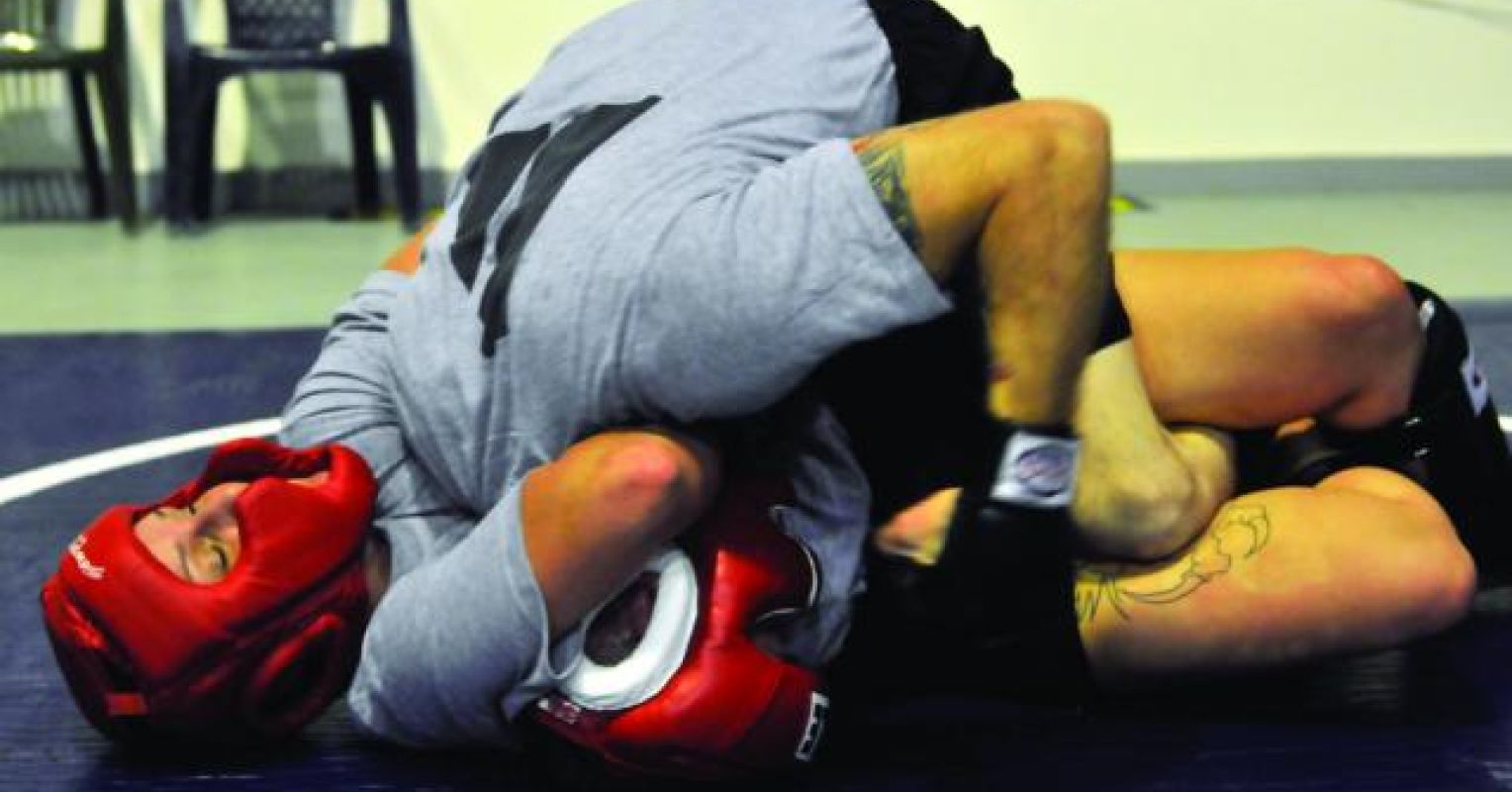_Simon_
Grandmaster
Any devotion to a physical discipline can bleed into other aspects of your life. Professional Basketball players are highly disciplined, incredible athletes, and have to conduct themselves in a certain manner in order to be better members of a team. Heck, Phil Jackson even incorporated Zen meditation and philosophy into his basketball coaching.
However, it still all revolved around putting a ball through a hoop.
Sure, absolutely.
However, we would be fooling ourselves to believe that Aikido teaching her how to snap someone's wrist isn't a major reason why she's on that mat.
Bit of an assumption there
Ah okay. Well I know I wasn't saying that at all and didn't think the discussion was actually about this. You've blanket labelled the discussion to be about something else entirely. Of course there is some funky stuff and misguided beliefs surrounding some MAs and also what people believe they're practicing or not practicing. I wasn't claiming that the martial arts aren't about fighting let's hug it out and sing around the campfire. Fighting is involved. Whether the goal is to perfect fighting, using fighting as a tool and vehicle for expression or self-transformation... and not to mention the term "fighting" is so contextually different within each art. I just don't think this is such a black and white issue, as in, "the meaning/value of something is only the literal action of what it is, and ONLY that."I do, because there's inherent hypocrisy involved. Take Aikido for example; I've seen people claim on one hand that it isn't about fighting ability or violence. However at the same time they like to wax nostalgic about their founders supposed fighting prowess. I also remember several posters telling me that Aikido schools don't advertise themselves as self defense schools. I then proceeded to post multiple links to Aikido schools doing exactly that.
Obviously Aikido isn't the only culprit in this, it's rampant throughout nearly all martial arts, including BJJ. Only cults and religion breed that level of illogic and cognitive dissonance. I would say though that BJJ as a whole doesn't hide what it actually is with unnecessary layers of fluff and silliness.
I mean to say something like pens are just for writing... I mean ahhhrgh, that just feels so disconnected from life to me XD

